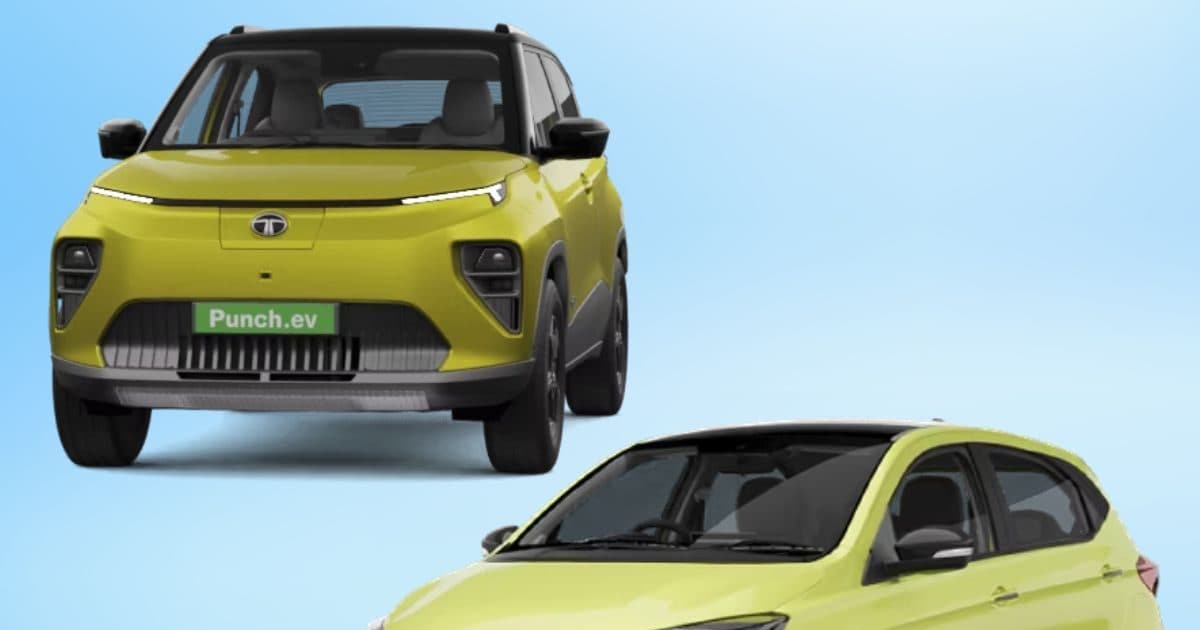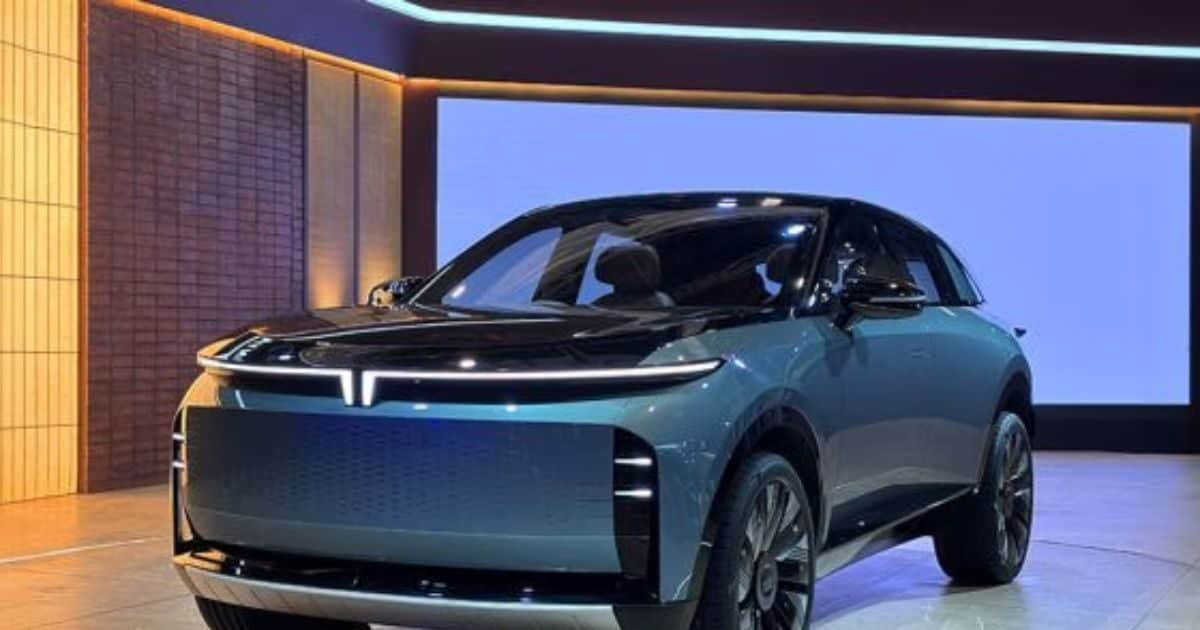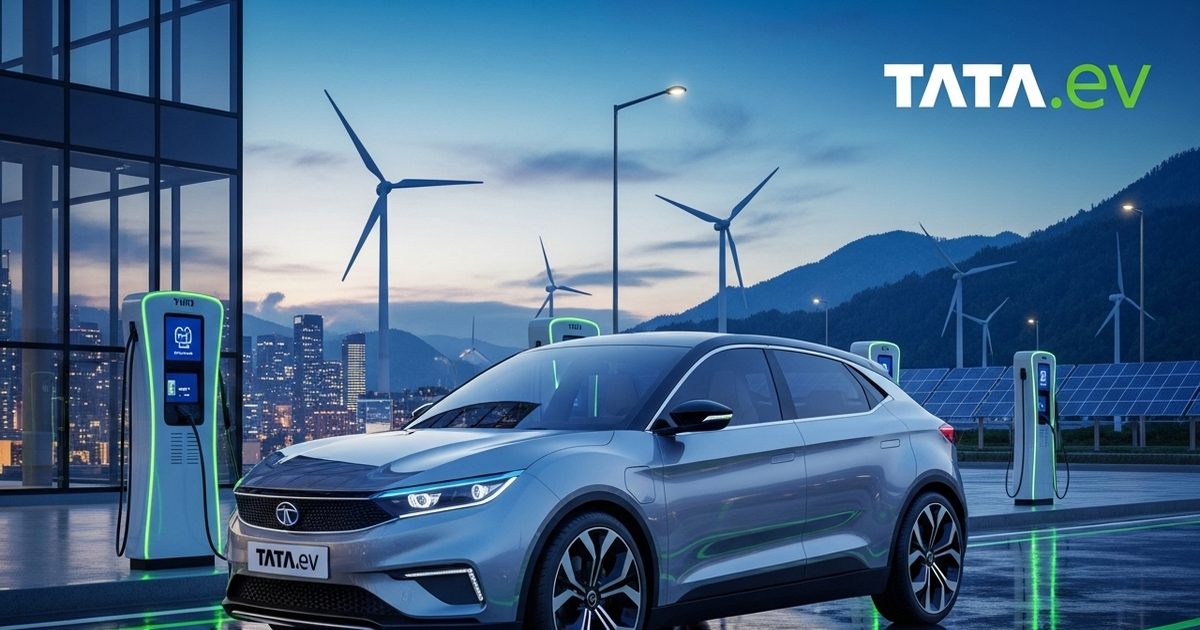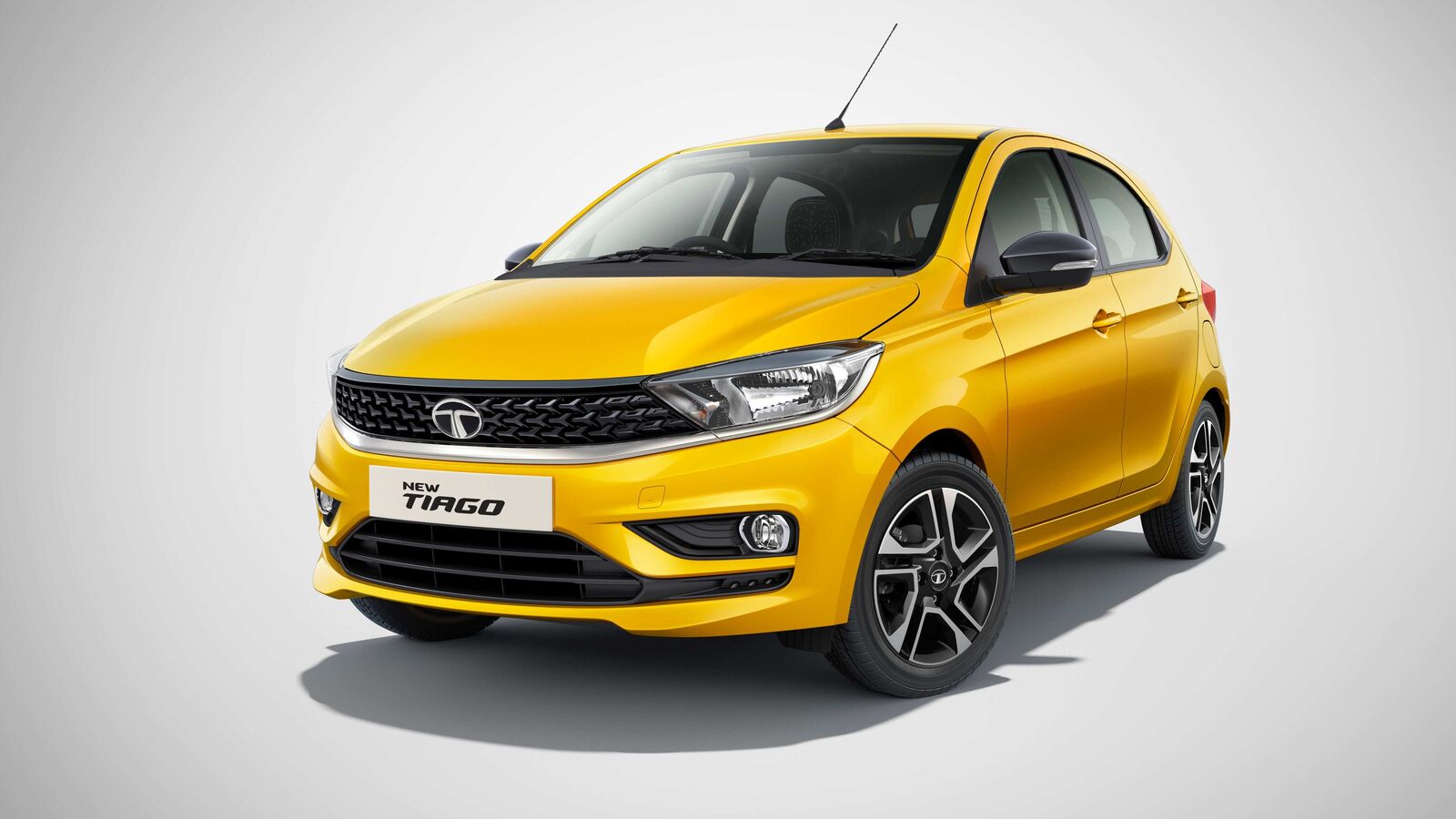Tata Punch EV Facelift vs Tata Tiago EV: Both of these are popular electric cars of Tata Motors, which provide affordable EV options in the Indian market. Punch EV facelift has recently come with a new avatar and BaaS scheme. At the same time, Tiago EV is already making its mark in the market.
Talking about price, Tiago EV is more affordable. Its ex-showroom price starts from ₹ 7.99 lakh and goes up to ₹ 11.14 lakh. Whereas, the price of Punch EV facelift ranges from ₹ 9.69 lakh to ₹ 12.59 lakh. Apart from this, customers can buy the new Punch EV with BaaS for just ₹ 6.49 lakh. In this, battery charge of ₹ 2.6 per km will have to be paid separately. Let us take a look at their design, features, safety, battery, motor and range details.
Design and interior
Punch EV facelift is more attractive. With the facelift, it has got an updated front grille, new bumpers, closed grille and bold road presence. Due to high ground clearance it is better on bad roads. At the same time, Tiago EV has a classic hatchback design, which is compact and easy for the city. In comparison, the look of Punch EV gives a more modern and premium feel.
The interior of Punch EV is more spacious and premium. It offers a larger cabin, high set seating, better visibility and more comfortable space. The interior of Tiago EV is also good, but there is a little less space in the rear and hatchback layout. Features like ventilated front seats, air purifier and large boot space are better in Punch EV.
Features and safety
Punch EV facelift is ahead in terms of features. It includes 10.25-inch touchscreen, 10-inch digital instrument cluster, wireless Android Auto/Apple CarPlay, voice-enabled sunroof, 360-degree camera, wireless charger and iRA connected features. Whereas, Tiago EV has cruise control, rain-sensing wipers and basic features.
In terms of safety, both are good as they have got 5-star safety rating. Punch EV has features like 6 airbags, ESP and hill hold. Whereas, Tiago EV can be purchased with 4 airbags, ABS and good safety.
Battery, Motor and Range
The Punch EV facelift has 30 kWh and 40 kWh battery options, giving an ARAI claimed range of 355 KM and 468 KM. Motor power is 88-129 bhp and torque is up to 154 Nm. Fast charging is up to 65 kW and it takes just 26-30 minutes to charge 20-80%. The Tiago EV has 19.2 kWh (223 km range) and 24 kWh (293 km range) batteries. The motor produces 60-74 bhp and 110-114 Nm torque. In this way, the range, power and charging speed of Punch EV is much better than Tiago EV.
Who is better?
Overall, if you want an electric car with low range and budget in the city, then Tiago EV is a good option. With more range, SUV styling, space, features and better performance, the Punch EV facelift is a more value for money option. Especially the BaaS scheme has opened the way for it to reach more customers than before.






